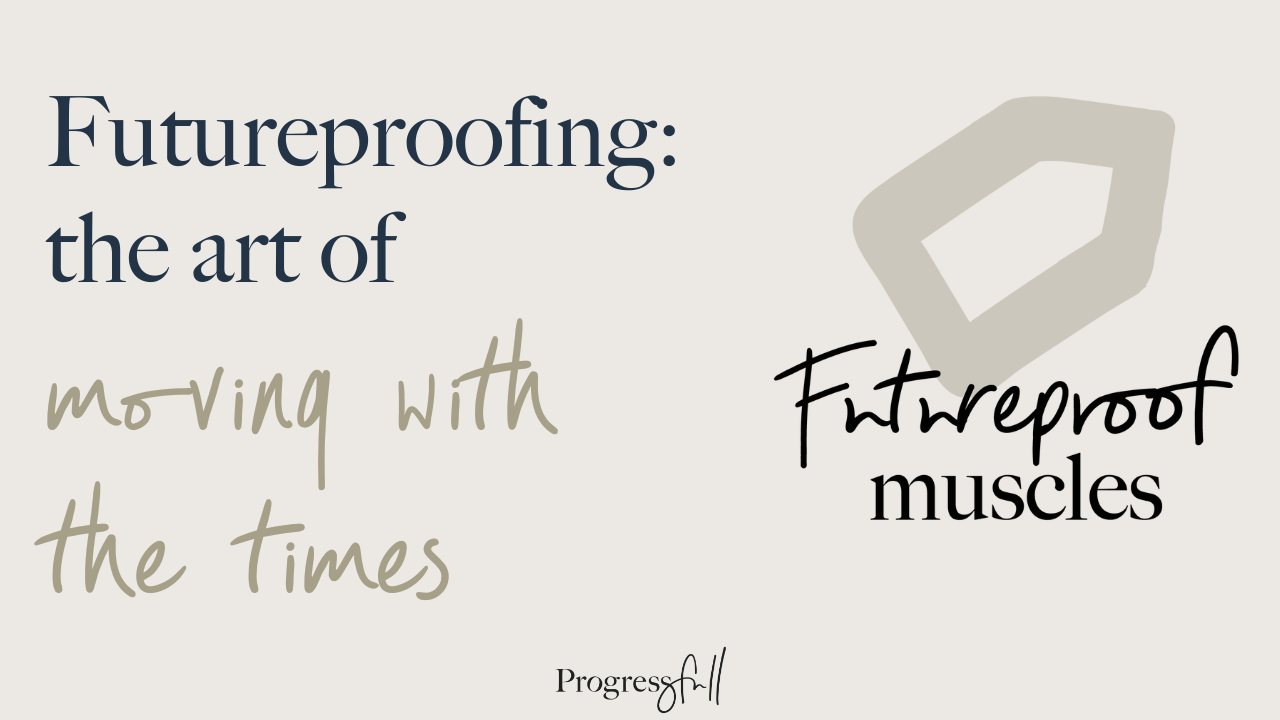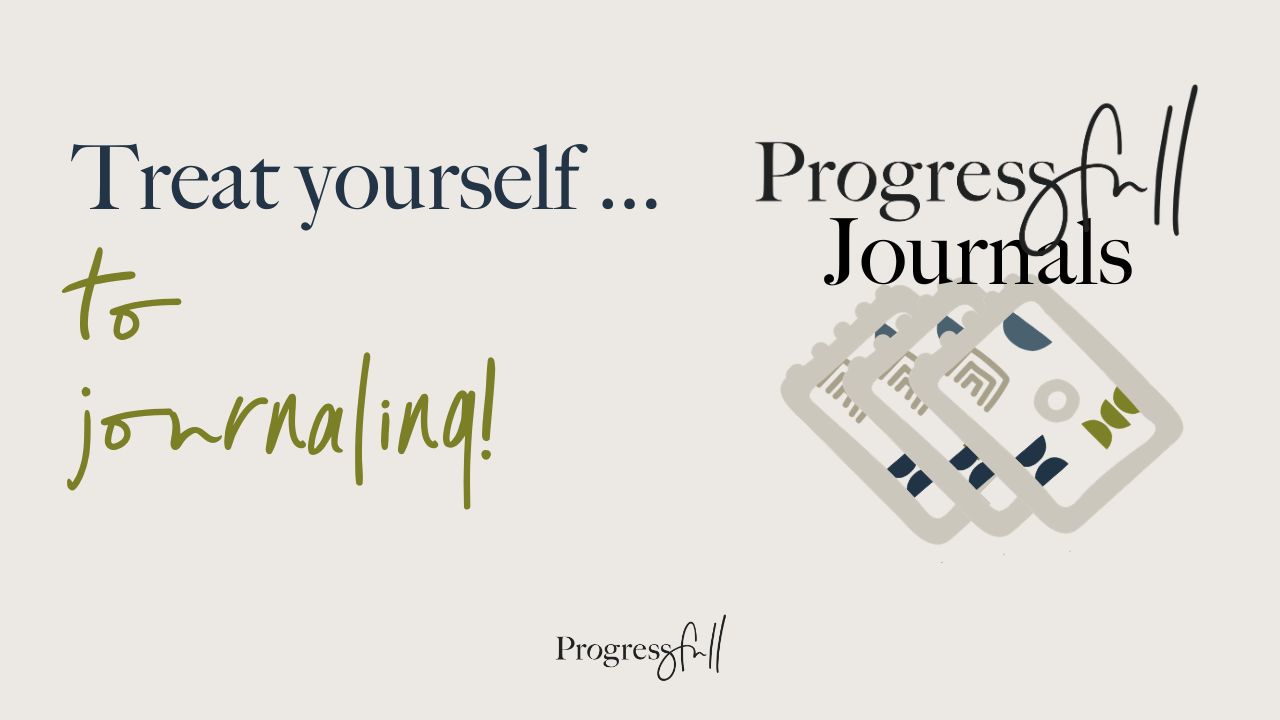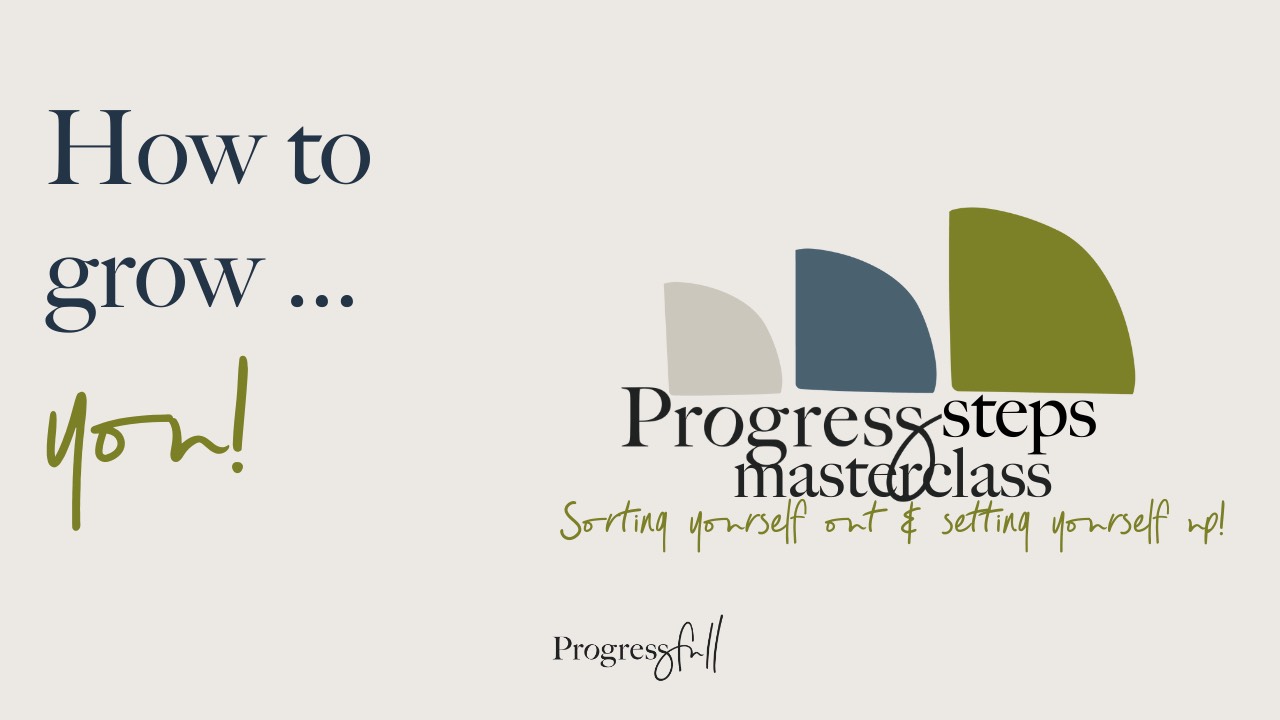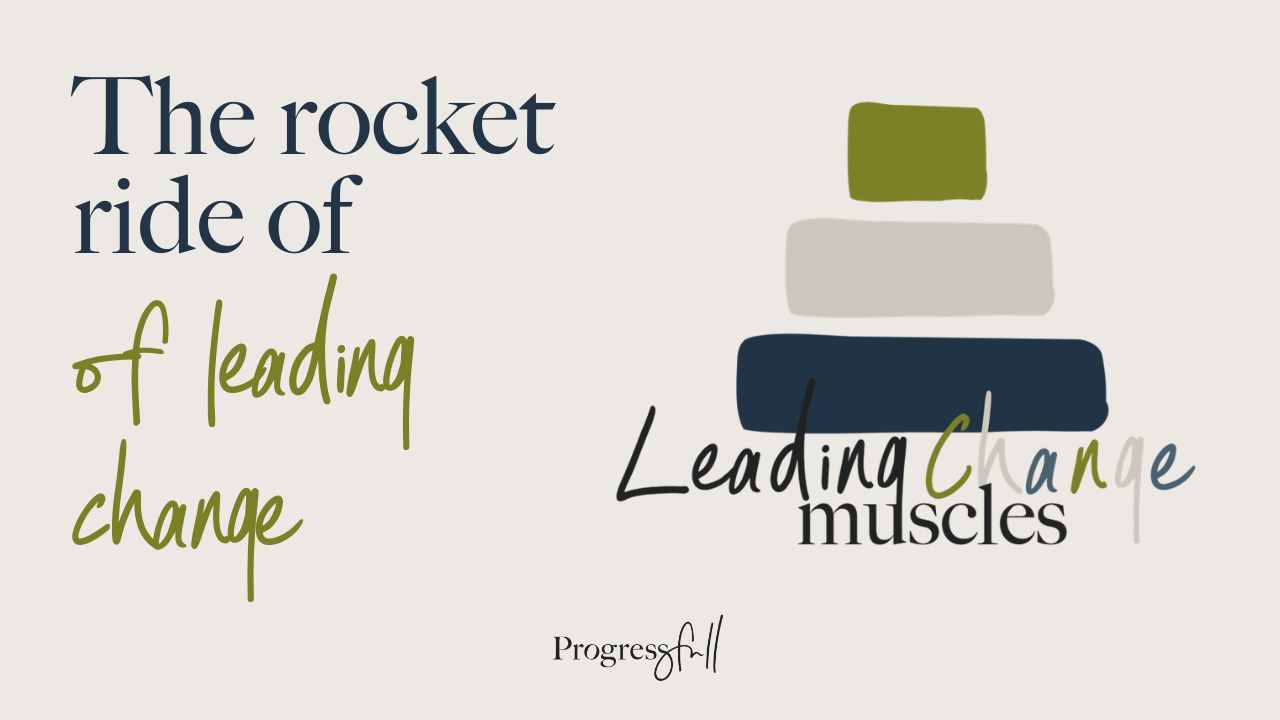Connecting the mood music of the moment and your life experiences, with the world of Progressfull™
Futureproofing: the art of moving with the times

Here’s the thing - most of us already know that a good life, whether at work or at home, isn’t about ticking boxes or chasing someone else’s idea of success
It’s about enjoying the moment, living by our values, and staying true to ourselves
But here’s the challenge - how does that wisdom hold up in a world that’s changing at lightning speed? A world designed, built, and reshaped every day by technology
Remember when teachers, parents, or career advisers talked about finding the “right career”?
Well, take a look around. The “right career” is a myth. With the pace of change today, even the walls we’ve propped our career ladders against are moving
And Harvard Business Review reminds us that success now depends on the ability to learn, adapt, and reinvent faster than the environment changes. As their Managing the Future of Work project puts it, “career stability has been replaced by career elasticity”
The truth is: no time spent learning, trying, or exploring is wasted
What we disco...
Connect diverse perspectives by communicating mindfully

“The single biggest problem with communication is the illusion that it has taken place.” — George Bernard Shaw
This powerful insight from the Irish playwright and political activist hits the mark every time. How many times have we assumed our message has been clear, only to find that others didn’t understand it at all? It's easy to fall into the trap of thinking we've communicated effectively when, in reality, we haven't
When we think of effective communication or great "people skills," terms like empathy, storytelling, and personality often come to mind. But despite these being hallmarks of successful communicators, many of us struggle to communicate mindfully, especially when engaging with people who are different from ourselves—those with different backgrounds, skills, cultures, or generations
Why does this matter? Because being able to communicate well with people from diverse backgrounds is essential for fostering diverse perspectives. It opens the door to new ideas, promotes c...
Leading change to create momentum!

"I really enjoy change, in fact, I think I am really good at it. What I don't understand is why other people 'don't just get it, get on board!'Are they stupid?"
Honestly, I can't tell you how many of the seniors leaders we work with say this to us, I'd say 80% of senior leaders believe they are great at change, yet are also frustrated, believing most of the people in their business are sticking to their old ways, refusing to adapt and move forward. This is clearly a problem because in today's world, especially if you are a leader - change is the new normal - and businesses that can't adapt and move forward are often doomed
The trouble is, most of these senior leaders are the ones who 'don't get it' because it is actually them who are tending to focus on the wrong things. They proudly sacrifice their Sundays, swapping precious family time with preparing for the meeting. Choosing the sharpest data, the slickest visuals, the punchiest examples, soundbites from the CEO – about why change...
Your work ... trap or trampoline?

Isn’t it tragic that many of us spend our lives feeling trapped, waiting to escape from work which ironically, we have often fought so hard for?
We can't wait to get to the weekend, to escape on vacation, even to finally retire so we can forget about the stress and anxiety so many of us feel in our everyday work life
Wouldn’t it be great to ditch feeling trapped, stressed and overwhelmed by our work - for feeling as excited and curious about our work as we used to feel, when we were dreaming about ‘what we would be’ when we were grown ups
If you face a lot of change, a lot of pressure, a long to-do list, and ever challenging people situations at work, at home, in your whole life, there is a way back to a more child-like curiosity, a calm and more poised reality. The way back is about enjoying and seizing the opportunity of every bounce, even in today’s working world ... so you swap your mind-set from trap to trampoline
Have you ever wondered how CEOs often bounce from one gig to an...
Level up your people skills

George Bernard Shaw, the Irish playwright and political activist said, “the single biggest problem with communication is the illusion that it has taken place”
This is so true! How often do we delude ourselves thinking we have been clear and others have understood our communication - when it's patently not the case
When we think of being a great communicator or having great 'people skills', we often think of words such as empathy, story telling and even personality. In truth, despite being what appear to be super successful communicators, many of us struggle to communicate mindfully these days, especially when it comes to communicating with people who are different from ourselves. People with different skill-sets, different backgrounds, different cultures and different age groups to ourselves
This is important because being able to communicate well with people who are different from ourselves paves the way for diverse perspectives and learning. Multiple ideas breed creativity, they p...
Choose you!

Do you know your worth? Do you back yourself and feel confident because you know you are enough?
If you don't, you aren’t alone - we are all aware of the increase in the number of people feeling anxious or stressed in today’s world. The amount of people who fear they cannot cope with what may be round the corner, the increasing numbers of people feeling imposter syndrome are on the rise
We know these feelings of stress and anxiety are not helpful. In fact, they are harmful to our bodies as well as our minds, to say nothing of the impact we have when we appear anxious and stressed on our friends and loved ones and frankly, also our credibility at work. But what can we actually do about it? Especially because some of the factors which are making us feel this way, may appear to be so far out of our control?
The good news is, that honestly (and surprisingly for some of us), there is actually a lot we can do about it

Some of these things we may be vaguely aware of. For example, the i...
Treat yourself ... to journaling

Despite the fact that countless studies prove that journaling is an extremely powerful way to boost our mental wellbeing, reduce depression and anxiety, make us more content, productive and all-around happier with our lives - most of us miss out, seeing journaling as a chore, definitely not a treat
The irony is, in today's competitive, fast paced environment having a great journaling practice, according to Harvard Business Review is a super accessible, low cost, efficient way to boost not only our immune system, but also our ability to perform and thrive
The question for us though, is if it's so helpful, why on earth do so many of us see journaling as a chore? Why in truth, do so many of us find even the thought of 'journaling' so overwhelming we never bother giving it a go?

At Progressfull™ we have a point of view that can help you understand why - our observations are gleaned from working with over 14,000 people globally in the last two decades
Journaling should be a treat not...
How to grow ... you

People often share tips and simple steps about how to grow plants, flowers and vegetables - but what about tips and simple steps to grow ourselves?
A good starting point for how to grow ourselves is to start with understanding a bit about what is a 'growth mind-set'
The concept of a growth mind-set first appeared in 1988 as a theory relating to learning and education. It was cited as the reason that super smart kids can still fail, despite their actual capability. The central thought is that a child’s attitude towards taking on a challenge, instead of their innate ability, was the main factor for success
In other words, our belief in our capability to do an activity or task, can have a significant impact on whether we can actually do the activity or task
Stanford professor and psychologist Carol Dweck talks about two approaches that can determine results: ‘fixed mind-set’ and ‘growth mind-set’. A fixed mind-set is the idea that our abilities are high or low, and there is nothing we...
Focus on less to gain more

How do we stop the relentless deluge of things to juggle …?
When we're feeling stressed and overwhelmed by the relentless deluge of things to juggle, the last thing we would think, would be to do less. The reality is - just like keeping our homes organised, rather than chaotic - overloading our schedules doesn't make us more productive. It makes us less effective
A great insight here is that it is not just our time that is limited each day, it is our energy too. So this is where the famous Italian economist Vilfredo Pareto's theory steps in, which is commonly known now as the 80/20 rule. The principle is simple: identify the 20% of tasks which generate the most value in our life, and then we invest our energy primarily into them
So the less we do, with greater focus, the more impactful, accomplished, and fulfilled we will be
Many people view multitasking as a necessity in the face of all the demands they juggle, yet in reality multitasking undermines productivity as focus is dimin...
The rocket ride of leading change

To say that an enormous part of a leadership role in 2023 is about leading change is to understate the obvious
From startup founders to C-suite executives at multi-billion dollar companies, a fundamental key skill set is how to lead people through change. Post pandemic, changes we had anticipated to take years occur in months and, in some cases, weeks and even days
Understandably, leaders often struggle to navigate these changes simultaneously, dealing with economic, logistical and health crises, which now regularly unfold and impact businesses at top speed
Advancements in technology, human interconnectivity, AI, and the network effects between them, have created a new reality where change is rapid, constant, and everywhere
Completely exhilarating and scary too … that’s the reality of change

When we lead change it's easy to envision the future, that place beyond our wildest comprehension, that is utterly amazing
What we often forget is how fast, powerful and scary others find t...




